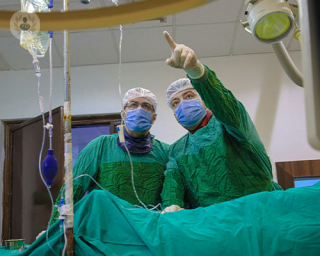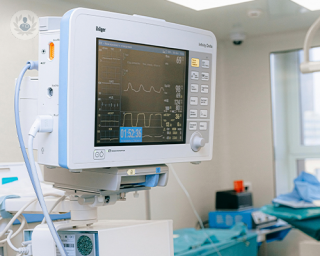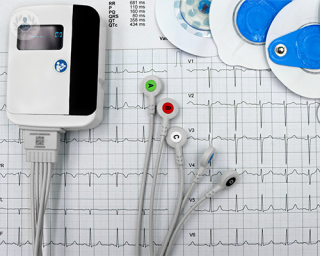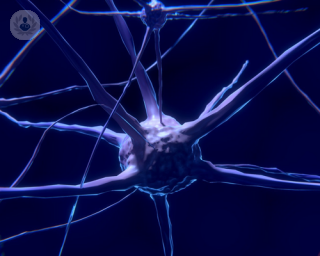
Редакция Top Doctors
кардиология для взрослых
Women and heart disease: why the risks are different
Heart disease is often perceived as a condition that predominantly affects men. However, it is a leading cause of death among women, making it crucial to understand the unique risks and symptoms that women face.











